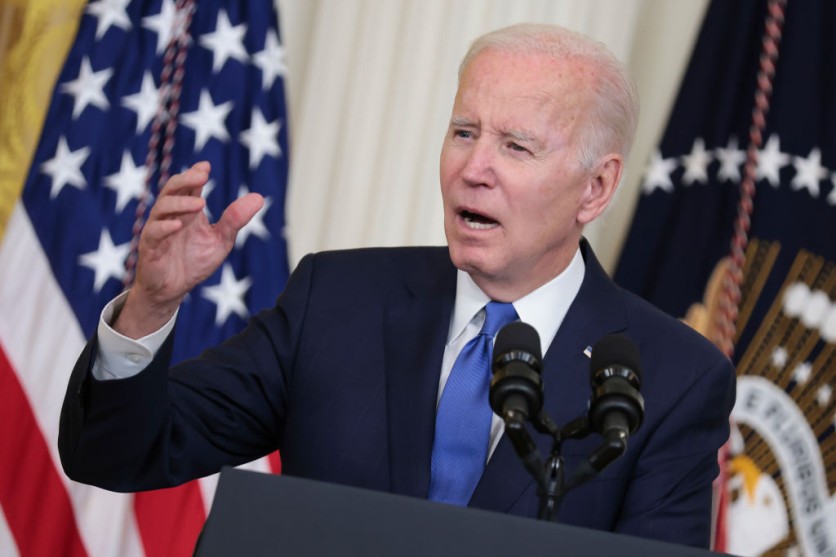The US Treasury department has announced that they will delay the guidance in sourcing requirements for battery materials, as reported by Electrek. The delay will make for more Electric Vehicles (EVs) to qualify for federal tax credits.

How the Delay Will Affect EV Tax Credits?
The new requirements will take effect on January 1, 2023, but with the lack of battery guidelines, it could provide a bit of window next year where EV purchases may not fit the pending battery sourcing requirements. Therefore, manufacturers may still qualify some some level of tax credits.
It can be recalled that in August this year, the Inflation Reduction Act (IRA) was approved by the Senate and it was then signed into law a week later.
Now, the US Treasury Department said that they need until at least March to determine EV battery requirements despite other tax credit requirements outline in the IRA.
Also Read: Automakers and Suppliers Disagree Over US Government's Proposal to Limit EV Tax Credits
The EVs That May Qualify for Tax Credits Through March 2023
Requirements like North American assembly of EVs, along with caps on MSRP and annual salary will still go into effect on January 1 as planned. Due to the lack of guidance on battery requirements, EVs sold between January 1 and March will not comply with the pending battery guidance will still be able to qualify for federal tax credits, as reported by Reuters.
Not only is this good for automakers, but to consumers as well. EV makers have started moving their production to North American to qualify, but the transition can take a long time.
The US Treasury stated that they will release more details on the new direction of their battery guidance by December 31. Also, the requirements for critical mineral and battery components will only take effect after the Treasury issues the proposed rule.
What Will Take Effect on January 2023
There are some EV tax credit requirements that will take effect on January 1, 2023. One are the new caps on income of buyers and retail prices for qualifying vehicles. Still, with the announcement of the US Treasury, some buyers can still get tax credits for buying EVs that will not comply with the battery sourcing when it is finally rolled out.
With this, General Motors Co. and Tesla Inc vehicles will be eligible again for EV tax credits on January 1 following the lifting of the per-manufacturer cap on EV tax incentives by the Congress in August.
It is still unclear whether Treasure will address other questions by December 31, such as if it will let automakers take advantage of commercial clean vehicle credits by leasing cars to consumers.
Related Article : EV Tax Credit to Return for Tesla, GM, Toyota? New Senate Bill On the Works, With a Catch




